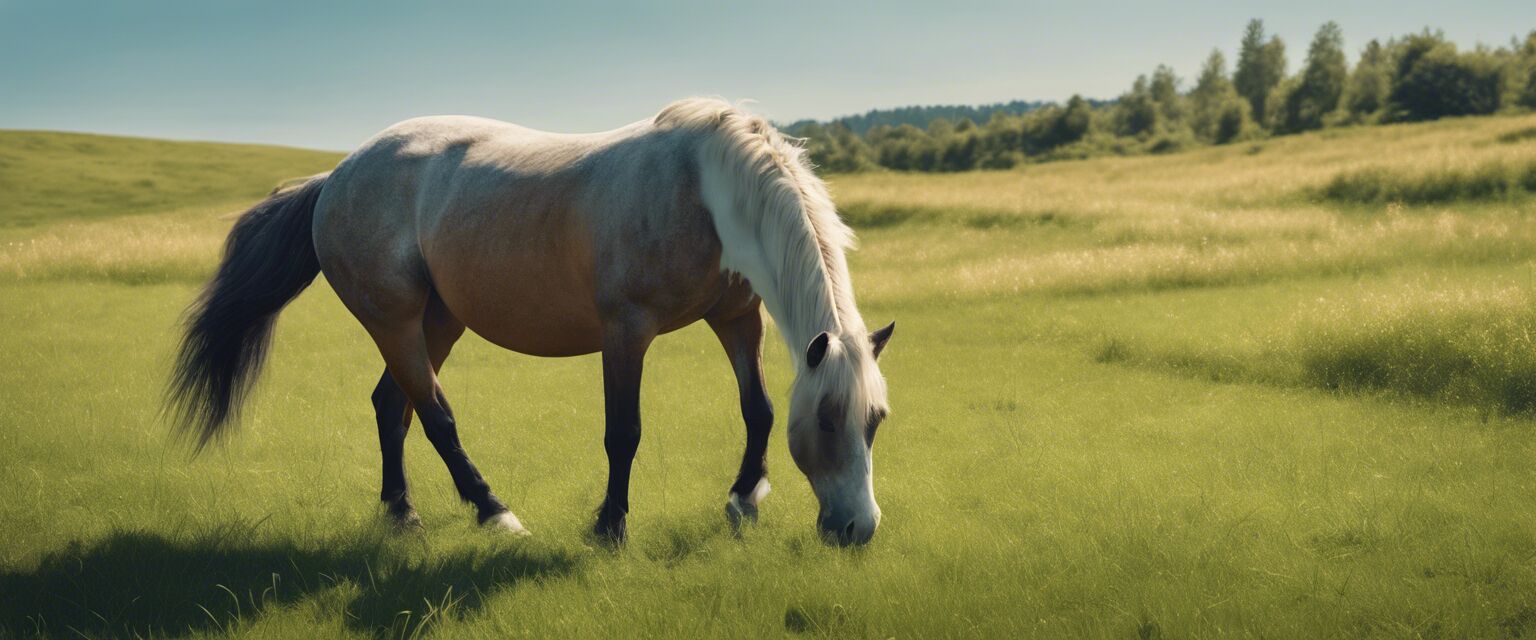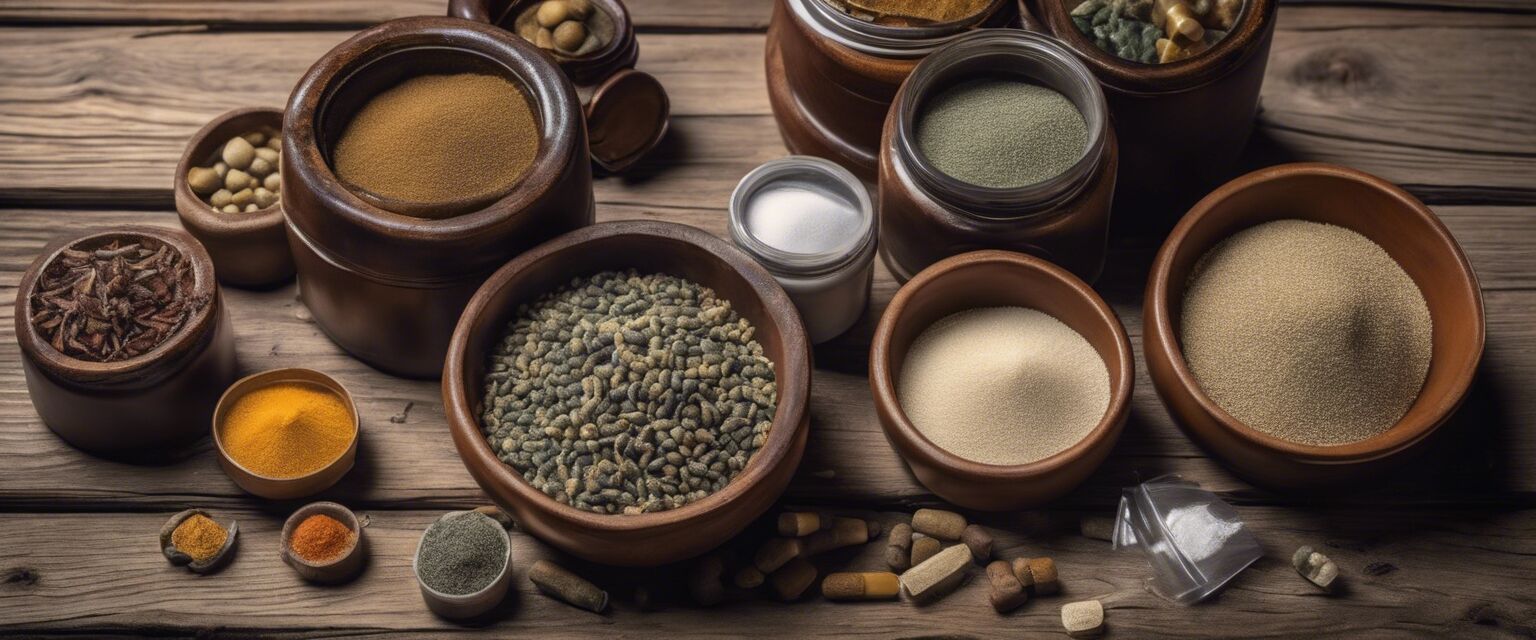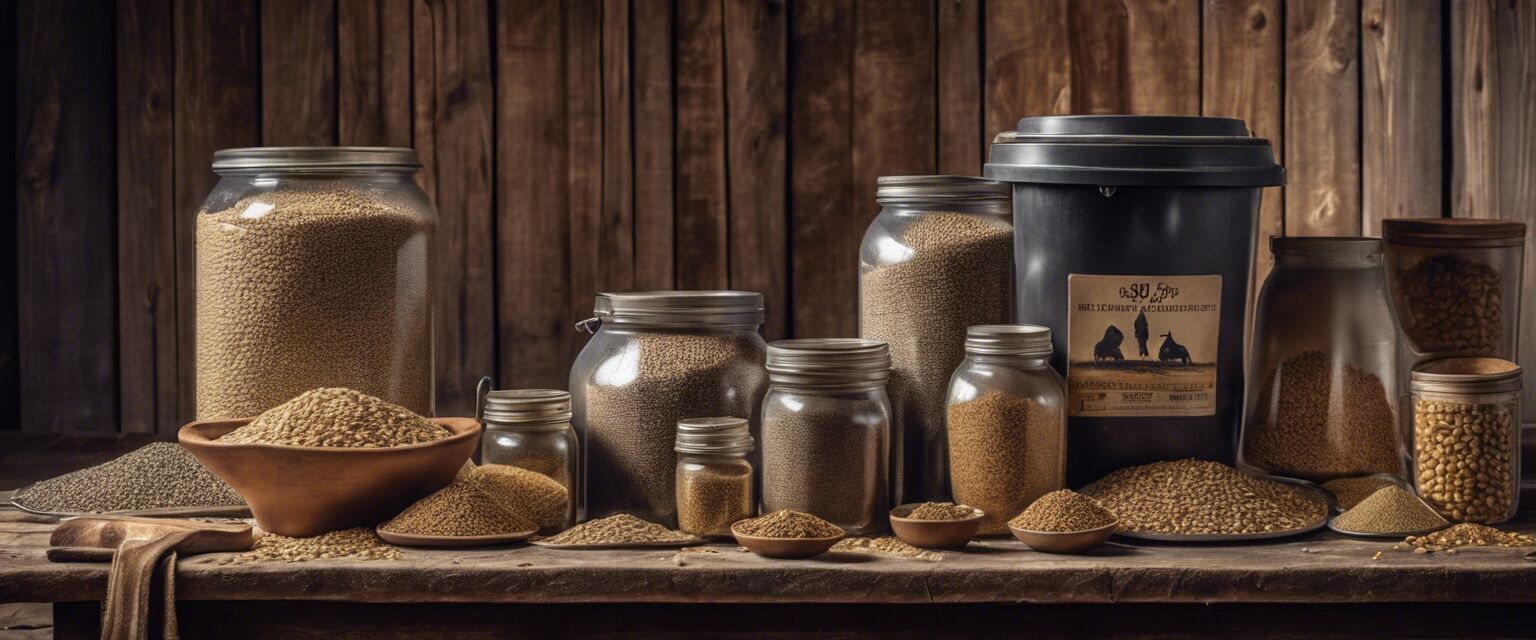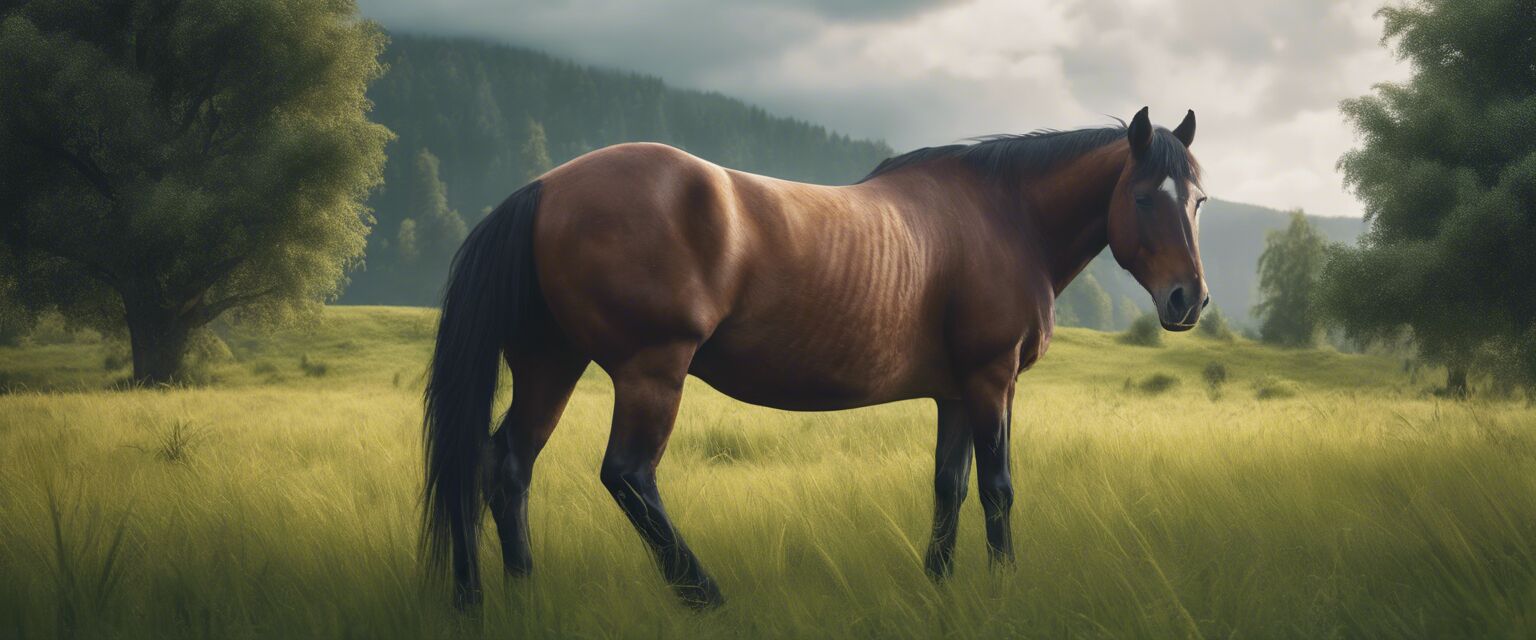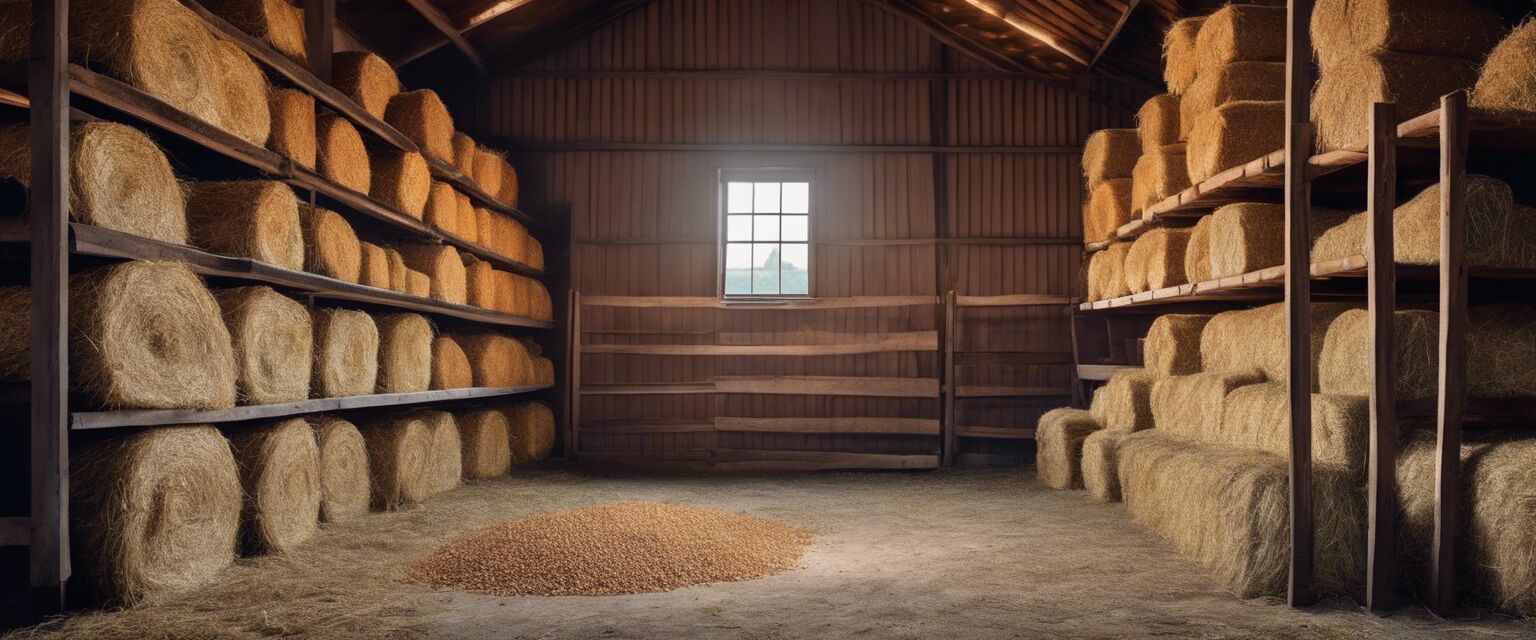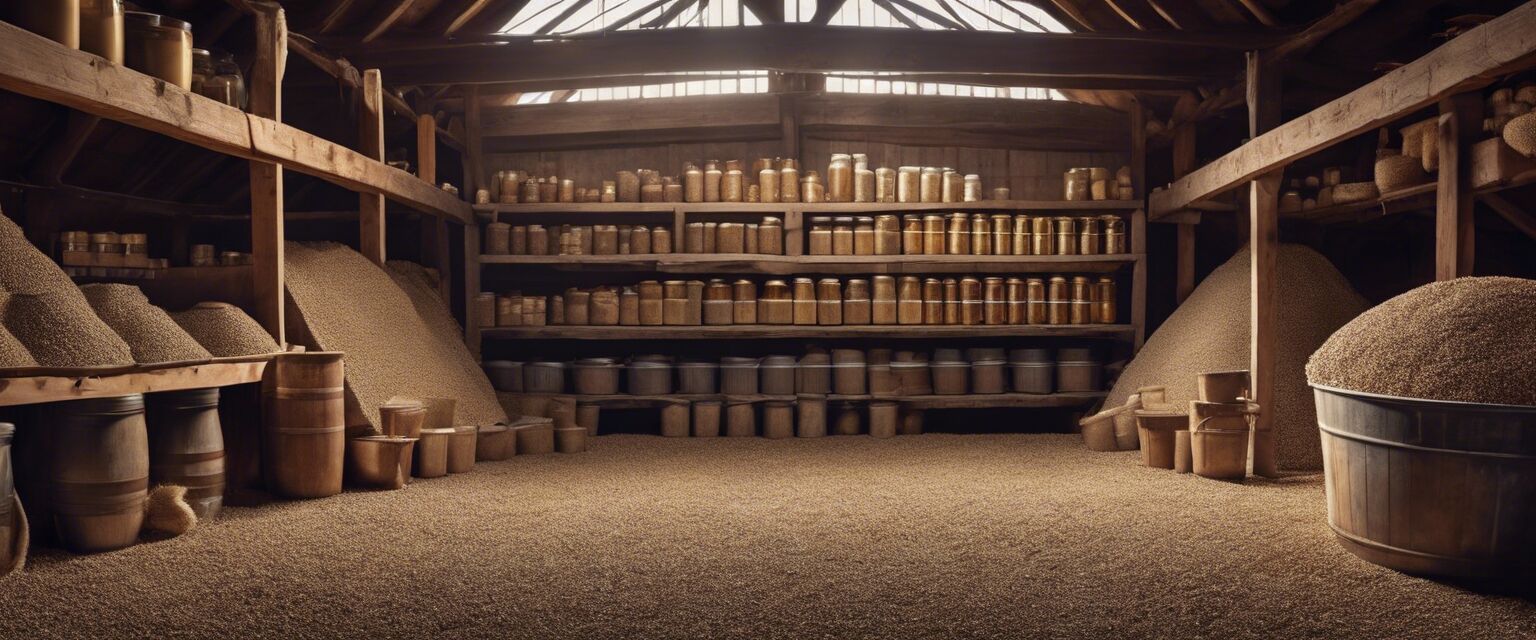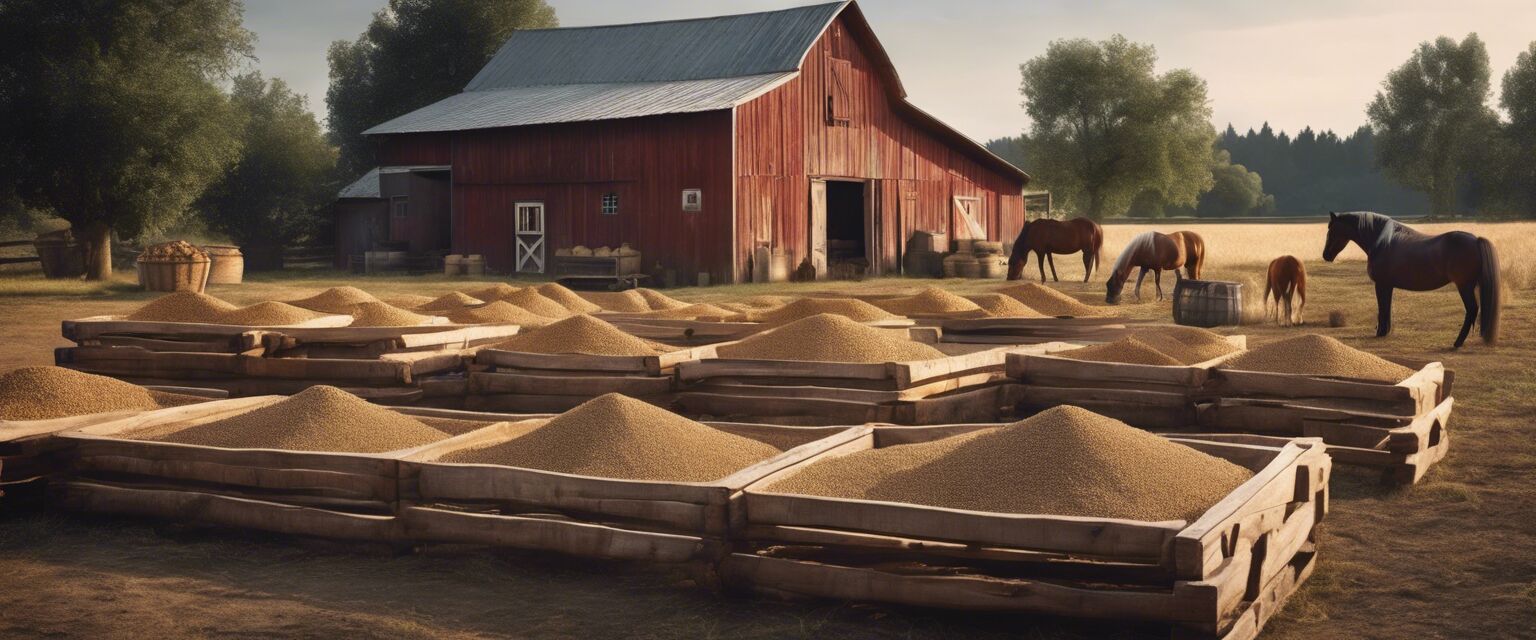
Seasonal Feeding Tips
Key Takeaways
- Adjust feeding practices based on the season.
- Monitor hay quality and forage availability throughout the year.
- Supplement diets as necessary during different climates.
- Maintain regular feeding schedules for consistency.
Feeding horses is not a one-size-fits-all approach, especially when considering the seasonal changes that can significantly impact their nutrition. Understanding how to adjust feeding practices throughout the year is essential for maintaining optimal health and performance in your horse. In this article, we will explore effective seasonal feeding tips that cater to the varying needs of your equine friends.
Understanding seasonal changes
Each season brings unique challenges and opportunities for horse owners. By recognizing how the weather and forage availability change, you can tailor your horse's diet accordingly.
Spring feeding strategies
As the weather warms up, horses often have access to fresh grass. Here are some tips for feeding in the spring:
- Gradually introduce grass to prevent digestive upset.
- Monitor body condition to avoid overfeeding.
- Provide ample fresh water, as hydration is critical.
Summer feeding strategies
During the hot summer months, horses may need adjustments to their feeding schedule:
- Consider feeding smaller, more frequent meals to minimize heat stress.
- Ensure shade and plenty of water to keep horses cool.
- Monitor electrolyte levels, especially if horses sweat heavily.
Autumn feeding strategies
As temperatures cool, it's essential to prepare for winter:
- Increase hay intake to provide necessary fiber.
- Evaluate body condition and adjust grain rations if necessary.
- Store hay properly to prevent spoilage.
Winter feeding strategies
Feeding during winter requires careful planning:
- Provide high-quality hay to meet energy needs.
- Consider adding supplements to support overall nutrition.
- Ensure water sources do not freeze.
Forage management
Forage plays a crucial role in a horse's diet. Hereâs how to manage it through the seasons:
| Season | Forage Type | Management Tips |
|---|---|---|
| Spring | Fresh Grass | Introduce gradually and monitor condition |
| Summer | Mixed Grasses | Avoid overgrazing and rotate pastures |
| Autumn | Late-season Grass | Increase hay and monitor quality |
| Winter | Hay | Store properly and check for mold |
Supplements for seasonal changes
In addition to forage, supplements can help meet your horse's nutritional needs. Here are some common supplements to consider:
- Electrolytes: Especially important in hot weather.
- Vitamins and Minerals: To support overall health during seasonal transitions.
- Probiotics: To aid digestion, particularly when changing diets.
Common feeding mistakes to avoid
Even experienced horse owners can make mistakes. Here are some pitfalls to watch out for:
- Overfeeding during spring when grass is abundant.
- Neglecting water intake during hot summer days.
- Failing to properly store hay, leading to spoilage.
- Inconsistent feeding schedules that disrupt digestion.
Pros
- Improved health and performance with proper nutrition.
- Reduced risk of colic and other digestive issues.
- Better body condition management throughout the year.
Cons
- Requires time and effort to monitor changes.
- Potential costs associated with high-quality forage and supplements.
- Need for knowledge about equine nutrition.
Conclusion
Adapting your horse's feeding practices with the seasons is vital for their overall health and wellbeing. By understanding the unique requirements each season brings and adjusting your feeding strategies accordingly, you can ensure your horse thrives year-round. For more information on feeding equipment, consider visiting our Feeding Equipment page, or explore our Hay & Forage section for quality hay options.
Tips for beginners
- Start with a good quality hay and assess your horse's condition regularly.
- Keep a feeding journal to track what works best for your horse.
- Consult with a veterinarian or equine nutritionist for personalized advice.
Additional resources
For more detailed insights into equine nutrition, check out our Health & Nutrition page or learn about Special Diets that may be beneficial for your horse.




